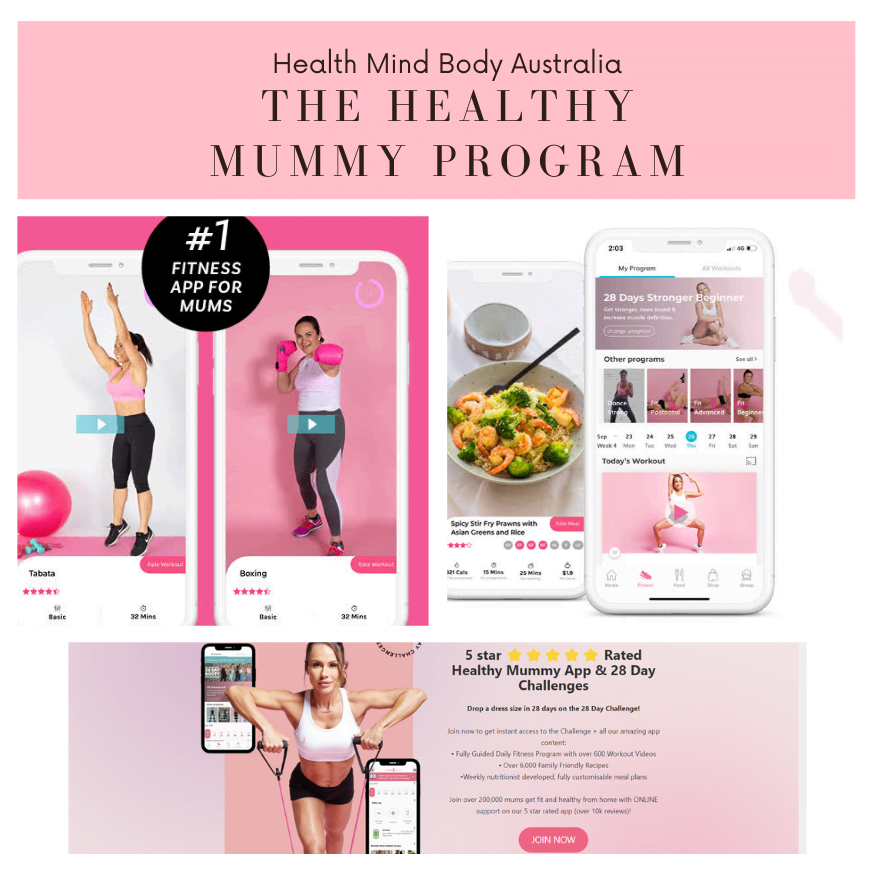Healthy Snacking Habits for Weight Loss and Sustained Energy
Maintaining a healthy weight and sustaining energy levels throughout the day are key factors in leading a vibrant and productive life.
While meals provide the bulk of your nutrients, healthy snacking can play a pivotal role in achieving these goals.
When done right, snacking can curb hunger, boost metabolism, and provide a consistent source of energy.
In this blog post, we’ll explore the art of healthy snacking and offer practical tips to help you make mindful choices that contribute to weight loss and sustained energy.
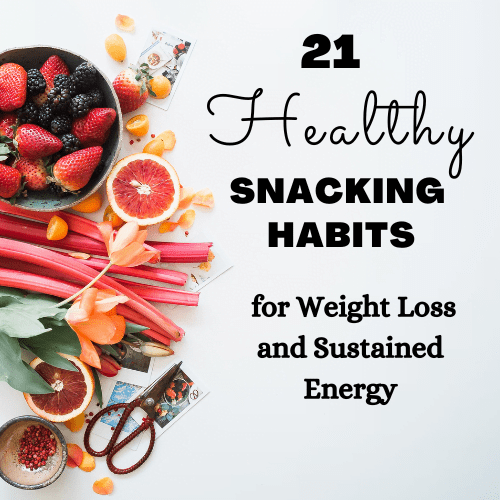
1. Choose Nutrient-Dense Options
When it comes to snacking, quality is paramount.
Opt for nutrient-dense snacks that are rich in vitamins, minerals, and other essential nutrients.
Fresh fruits, vegetables, nuts, seeds, and whole grains are excellent choices.
These foods provide the body with the necessary fuel to function optimally and maintain a healthy weight.
2. Incorporate Protein and Fibre
Both protein and fibre are your allies in the quest for healthy snacking.
Protein-rich snacks help you stay full longer and stabilise blood sugar levels, while fibre aids digestion and promotes a feeling of satiety.
Greek yogurt with berries, hummus with carrot sticks, and a handful of almonds are examples of snacks that combine both protein and fibre.
3. Portion Control is Key
Even with healthy options, portion control matters.
It’s easy to overindulge, even with nutritious snacks.
Use smaller plates or bowls to visually control portions.
Pre-portion your snacks into containers or snack-sized bags to prevent mindless eating.
This practice helps you avoid consuming more calories than you intended.
4. Listen to Your Body
Pay attention to your body’s hunger and fullness cues.
Snack when you’re genuinely hungry, not out of boredom or habit.
Similarly, stop eating when you’re satisfied, not stuffed.
This mindful approach prevents overeating and promotes a healthy relationship with food.
5. Plan Ahead
Preparation is key to making healthy snacking choices.
Stock your pantry and fridge with a variety of nutritious options.
Pre-cut vegetables, wash fruits, and portion out nuts in advance.
This makes it easier to reach for healthy snacks when hunger strikes, reducing the temptation to opt for less nutritious alternatives.
6. Hydration is Essential
Sometimes, what we perceive as hunger is actually thirst.
Stay hydrated throughout the day by drinking water.
If you’re looking for variety, infuse your water with slices of fruits or herbs for a refreshing twist.
Herbal teas are also a great option to keep you hydrated and satisfied between meals.
7. Avoid Highly Processed Foods
While convenience is tempting, highly processed snacks often contain excessive amounts of sugar, unhealthy fats, and additives.
These snacks can lead to energy crashes and weight gain.
Instead, focus on whole food options that nourish your body and provide sustained energy.
8. Timing Matters
Snacking strategically can help regulate your energy levels.
Aim for a balanced snack between meals to prevent extreme hunger.
This can help you avoid overeating during your main meals and maintain a stable energy level throughout the day.
9. Mindful Eating Practices
Practice mindfulness while snacking.
Sit down and fully engage with your snack rather than munching mindlessly while multitasking.
When you eat mindfully, you savour the flavours, textures, and aromas of your food, which can lead to greater satisfaction with smaller portions.
10. Experiment with Homemade Snacks
Get creative in the kitchen and experiment with homemade snacks.
This allows you to control the ingredients and flavours, ensuring that your snacks are not only healthy but also enjoyable.
Try making your own trail mix with a mix of nuts, seeds, dried fruits, and a touch of dark chocolate, or bake your own whole-meal muffins using natural sweeteners like fruits and honey.
11. Embrace the Power of Superfoods
Incorporate superfoods into your snacking routine.
These nutrient-packed foods provide an extra boost of vitamins, minerals, and antioxidants.
Blueberries, kale chips, chia seeds, and quinoa are examples of superfoods that can elevate the nutritional value of your snacks.
12. Be Wary of “Healthy” Snack Marketing
Not all snacks labelled as “healthy” truly are.
Always read the nutrition labels to ensure you’re making informed choices.
Some snacks may be marketed as low-fat or low-calorie, but they might be packed with hidden sugars and artificial additives.
Always prioritise whole, minimally processed options.
13. Combine Flavours and Textures
Variety is the spice of life, and this holds true for your snacks as well.
Combining different flavours and textures can make snacking more satisfying.
Pair sweet fruits with savory nuts, or crunchy vegetables with creamy dips like guacamole or tzatziki.
14. Don’t Fear Healthy Fats
Healthy fats are an essential part of your diet and can contribute to satiety and sustained energy. Avocado slices on whole-grain crackers, or a handful of mixed nuts, are examples of snacks that provide healthy fats to keep you satisfied.
15. Adjust Snacking to Your Activity Level
Your activity level should influence your snacking choices.
If you have an active day ahead or have just completed a workout, consider slightly larger snacks with a good balance of nutrients to refuel your body and maintain your energy levels.
16. Keep a Snack Journal
Keeping a snack journal can help you identify patterns and make more informed choices.
Write down what you eat, when you eat, and how you feel afterward.
This can provide insights into your snacking habits, helping you adjust and improve over time.
17. Social Support and Accountability
Engage in snacking habits with friends, family, or coworkers who share your health goals.
Having a support system can make healthy snacking more enjoyable and hold you accountable.
You can exchange ideas, recipes, and even organise healthy snack swaps to discover new options.
18. Mind Over Matter
Sometimes, cravings can be more psychological than physiological.
When a craving hits, pause for a moment.
Ask yourself if you’re truly hungry or if there’s an emotional trigger at play.
If it’s the latter, consider engaging in a non-food-related activity, like taking a short walk, doing a quick meditation, or simply taking a few deep breaths.
19. Enjoy Treats in Moderation
While the focus is on healthy snacking, the occasional treat can still be a part of your balanced approach.
Treats should be enjoyed mindfully and in moderation.
Savour that piece of dark chocolate or a small scoop of your favourite gelato without guilt.
Remember, a well-rounded, sustainable approach to eating includes indulgence in a controlled manner.
20. Continual Adjustment and Learning
Healthy snacking is a journey that involves continual learning and adjustment.
What works for one person may not work for another, and your preferences and needs may change over time.
Stay open to trying new snacks, learning about nutritional benefits, and adjusting your habits based on how your body responds.
21. Seek Professional Guidance
If you’re unsure about the best snacking strategy for your specific needs or health conditions, consider seeking guidance from a registered dietitian or nutritionist.
These experts can provide personalised recommendations that align with your goals and requirements.
Final Thoughts – 21 Healthy Snacking Habits for Weight Loss and Sustained Energy
In the quest for weight loss and sustained energy, healthy snacking emerges as a powerful ally.
By embracing a range of mindful practices, you can transform your snacking routine into a harmonious blend of nourishment and pleasure.
These Healthy Snacking tips shared in this blog post serve as your roadmap to making thoughtful snacking choices that align with your health goals.
From choosing nutrient-dense options and incorporating protein and fibre to practicing portion control and mindful eating, each step contributes to a holistic approach to snacking.
Planning ahead, staying hydrated, and avoiding processed foods further enhance the quality of your snacks.
Adjusting your snacking to your activity level and seeking social support can ensure that you’re on a sustainable path.
Remember that this journey is about progress, not perfection.
It’s a journey of self-discovery, where you learn to listen to your body, understand its cues, and nourish it accordingly.
Whether you’re reaching for a handful of nuts, a plate of vibrant fruits, or a homemade treat, your choices reflect your commitment to well-being.
Healthy snacking is more than a nutritional practice; it’s a mindset that honours the connection between your body, mind, and soul.
By integrating these strategies into your daily routine, you’re fostering a positive relationship with food.
One that empowers you to make choices that elevate your vitality and support your weight loss journey.
As you embark on this path of healthy snacking, remember that small steps lead to significant transformations.
Celebrate your successes, learn from your experiences, and always remain open to growth.
Your dedication to nourishing your body with intention and care will not only contribute to weight loss and sustained energy but also pave the way for a vibrant and fulfilling life.
I would love for you to follow me on my Instagram for daily updates and to follow my healthy weight loss journey.
Amy xx
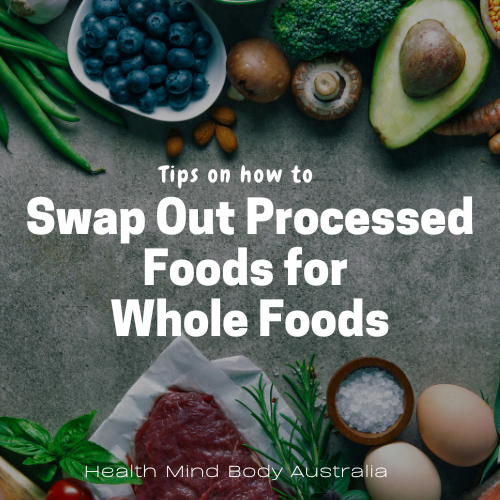


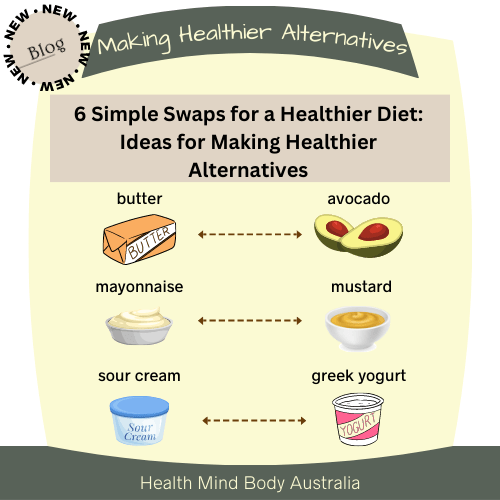

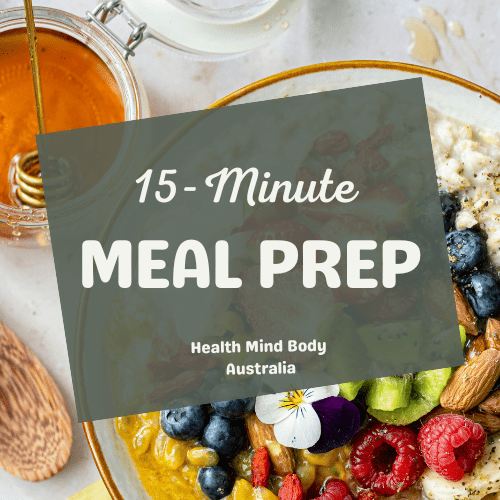

- Accountability in Weight Loss: The Importance of Accountability
- 28 Day Challenge – No Time for Dieting – The Healthy Mummy
- 5 Lessons Learned in Weight Loss: Insights from a Personal Journey
- Plant Based Keto Lifestyle
- Importance of Fitness Routines for Busy Mums


